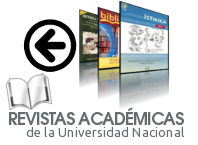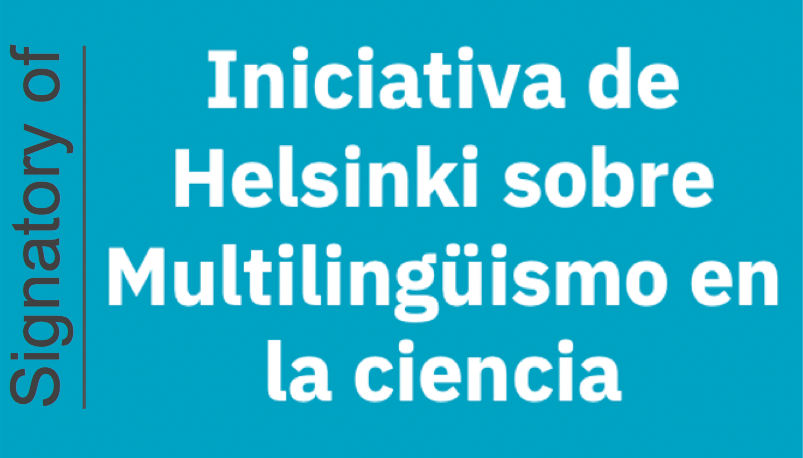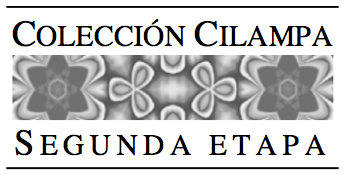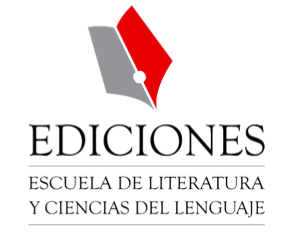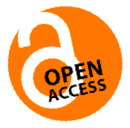La narrativa reflexiva como forma de evaluación programática
DOI:
https://doi.org/10.15359/rl.1-61.4Palabras clave:
evaluación de programas, narrativas reflexivas, adquisición de segundas lenguas, español como segunda lenguaResumen
Mostrar la eficacia de un programa de enseñanza de lenguas ante las partes interesadas y a la vez señalar áreas o aspectos por mejorar son los objetivos de la evaluación de programas. En este artículo se describe el proceso de evaluación de tres programas de español como segunda lengua en situación de inmersión, en el que se difuminan los límites entre el aprendizaje dentro y fuera del aula. La investigación narrativa se presenta como opción metodológica que permite comprender la experiencia de los participantes, de forma completa y matizada.
Referencias
Alexopoulou, Angélica. «Los criterios descriptivo y etiológico en la clasificación de los errores del hablante no nativo: una nueva perspectiva», Porta Linguarum 5 (2006): 17-35.
Arnett, Carlee. «Syntactic Gains in Short-term Study Abroad», Foreign Language Annals 46, 4 (2013): 705-712. DOI: https://doi.org/10.1111/flan.12052.
Badstübner, Tina y Peter Ecke. «Student Expectations, Motivations, Target Language Use and Perceived Learning progress in a Summer Study Abroad in Germany», Die Unterrichtspraxis 42, 1 (2009): 41-49. DOI: https://doi.org/10.1111/j.1756-1221.2009.00034.
Barkhuizen, Gary. «Narrative Knowledging in TESOL», TESOL Quarterly 45, 3 (2011): 391-414. DOI: https://doi.org/10.5054/tq.2011.261888.
Bernhardt, Elizabeth, Joan Molitoris, Ken Romeo, Nina Lin y Patricia Valderrama. «Designing and Sustaining a Foreign Language Writing Proficiency Assessment Program at the Postsecondary Level», Foreign Language Annals 48, 3 (2015): 329-349. DOI: https://doi.org/10.1111/flan.12153.
Block, David. Second Language Identities. Londres: Continuum International Publishing Group, 2009.
Braun, Virginia, y Victoria Clarke. «Using Thematic Analysis in Psychology», Qualitative Research in Psychology 3, 2 (2006): 77-101. DOI: https://doi.org/10.1191/1478088706qp063oa.
Canossa, Lilia y Asunción Martínez Arbelaiz. «Learning ser and estar in a Spanish Speaking Country: How Can Instruction help?», Estudios de Lingüística Aplicada 51 (2010): 37-62.
Cartagena, Nelson. «Los tiempos compuestos», Ignacio Bosque y Violeta Demonte, eds., Gramática descriptiva de la lengua española. Madrid: Espasa-Calpe, 1999. 2935-2975.
Davis, John McE. «Towards a Capacity Framework for Using Student Learning Outcomes Assessment in College Foreign Language Programs», The Modern Language Journal 100, 1 (2016): 377-399. DOI: 10.1111/modl.12319.
Doyle, Dennis. «Holistic Assessment and the Study Abroad Experience», Frontiers: The Interdisciplinary Journal of Study Abroad 18 (2009): 143-155.
Duff, Patricia A. «Second Language Socialization as Sociocultural Theory: Insights and Issues», Language Teaching 40, 4 (2007): 309-319. DOI: https://doi.org/10.1017/s0261444807004508.
Duff, Patricia A. y Steven Talmy. «Language Socialization Approaches to Second Language Acquisition», Dwight Atkinson, ed., Alternative Approaches to Second Language Acquisition. Nueva York: Taylor & Francis, 2011. 95-116.
Engle, Lilli y John Engle. «Assessing Language Acquisition and Intercultural Sensitivity Development in Relation to Study Abroad Program Design», Frontiers: The Interdisciplinary Journal of Study Abroad 10 (2004): 219-236.
Geeslin, Kimberly L., Stephen Fafulas y Matthew Kanwit. «Acquiring Geographically-Variable Norms of Use: The Case of the Present Perfect in Mexico and Spain», Chad Howe y otros, eds. Selected Proceedings of the 15th Hispanic Linguistics Symposium. Somerville, MA: Cascadilla Proceedings Project, 2013. 205-220.
Martínez Arbelaiz, Asunción. «Test de opción múltiple, redacciones dirigidas y de tema libre: ¿sirven para medir el progreso de nuestros alumnos?», Letras 52 (2012): 137-150.
Mercer, Sarah. «Working with Language Learning Histories from Three Perspectives: Teachers, Learners and Researchers», Studies in Second Language Learning and Teaching 3, 2 (2013): 161-185. DOI: https://doi.org/10.14746/ssllt.2013.3.2.2.
Norris, John M. «Language Program Evaluation». The Modern Language Journal 100, Supplement (2016): 169-189. DOI: https://doi.org/10.1111/modl.12307.
Norris, John M. y John McE. Davis. Student Learning Outcomes Assessment in College Foreign Language Programs. Honolulu, HI: National Foreign Language Resource Center-University of Hawai’i, 2015.
Norris, John M., John McE. Davis, Castle Sinicrope y Yukiko Watanabe. Toward Useful Program Evaluation in College Foreign Language Education. Honolulu, HI: National Foreign Language Resource Center-University of Hawai’i, 2009.
Norton, Bonnie y Carolyn McKinney. «An Identity Approach to Second Language Acquisition», Dwight Atkinson, ed., Alternative Approaches to Second Language Acquisition. Nueva York: Taylor & Francis, 2011. 73-94.
Oxford, Rebecca L., Gilda Pacheco Acuña, Mayra Solís Hernández y Andrew L. Smith. «“A Language Is a Mentality”: A Narrative, Positive-Psychological View of Six Learners’ Development of Bilingualism», System 55 (2015): 100-110.
Rea-Dickins, Pauline y Kevin Germaine. Evaluation. Oxford: Oxford University Press, 1991.
Tripp, David. «Teachers’ Lives, Critical Incidents, and Professional practice», Qualitative Studies in Education 7, 1 (1994): 65-76. DOI: https://doi.org/10.1080/0951839940070105.
Vande Berg, Michael. «Intervening in Student Learning Abroad: A Research-based Inquiry», Intercultural Education 20, sup. 1 (2009): S15-S27. DOI: https://doi.org/10.1080/14675980903370821.
Wang, Chilin. «Towards a Second Language Socialization Perspective: Issues in Study Abroad Research», Foreign Language Annals 43, 1 (2010): 50-63. DOI: https://doi.org/10.1111/j.1944-9720.2010.01059.x.
Publicado
Cómo citar
Número
Sección
Licencia
Principios básicos:
a) Los autores conservarán los derechos de propiedad intelectual de sus aportes o artículos;
b) Cada autor deberá indicar expresamente que ese artículo lo entrega, en calidad de exclusividad, a la revista LETRAS; y
c) La revista Letras se reservará el derecho de autorizar para fines académicos no lucrativos la reproducción y uso de ese material por parte de terceros, siempre que éstos indiquen expresamente la procedencia del artículo. Todo ello se postula en concordancia con la normativa de "Creative Commons Atribution License", recomendada.

This work is licensed under a Creative Commons Attribution-NonCommercial-NoDerivs 3.0 Costa Rica License.

